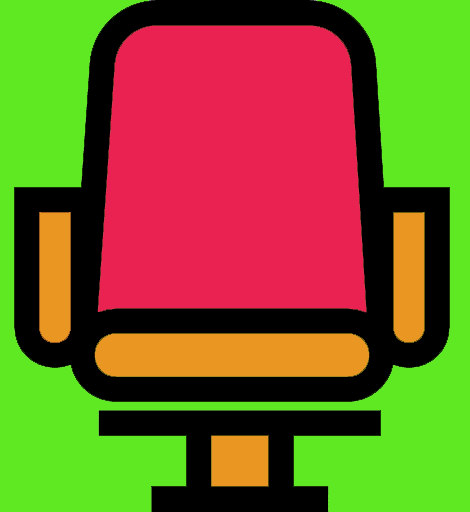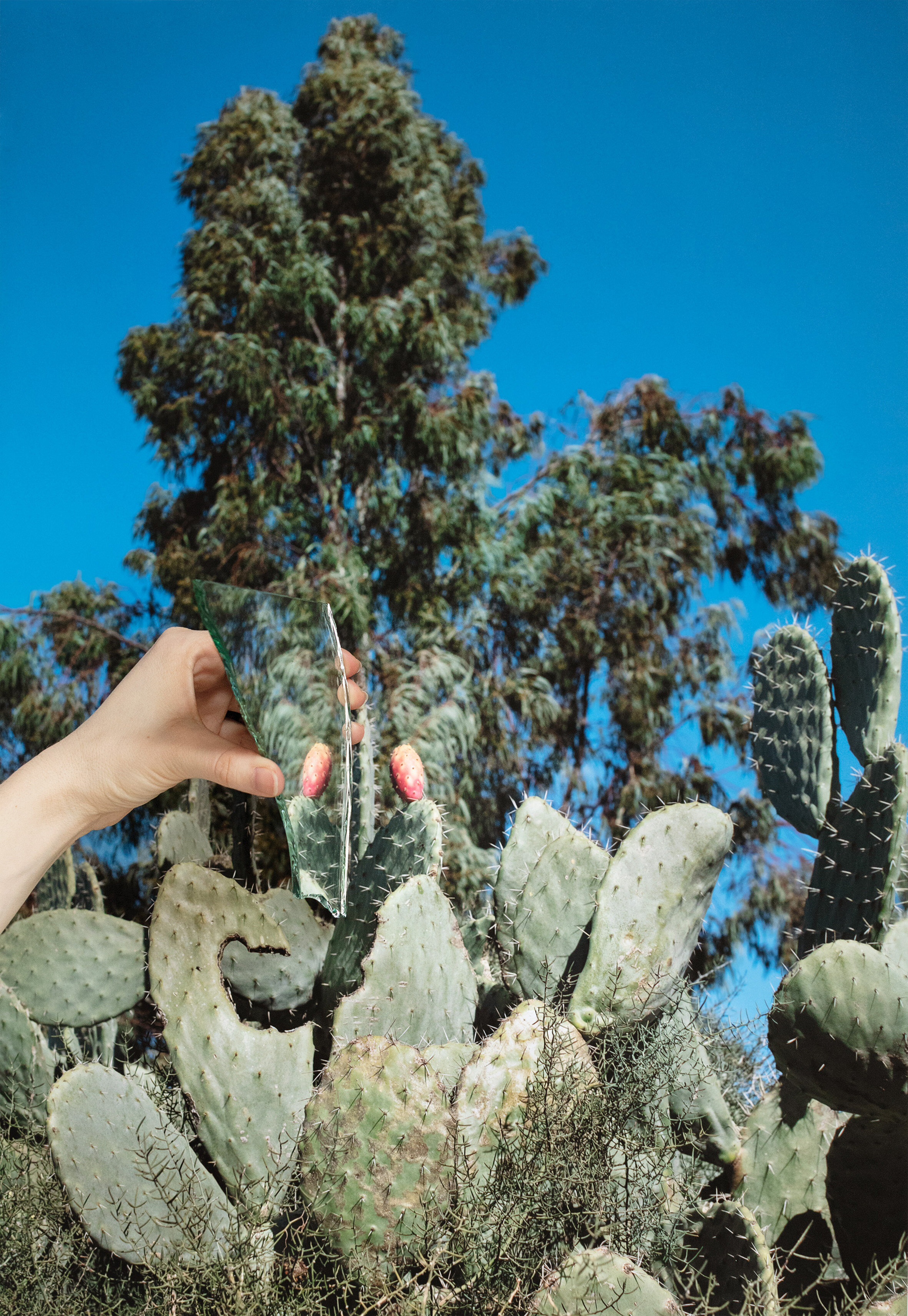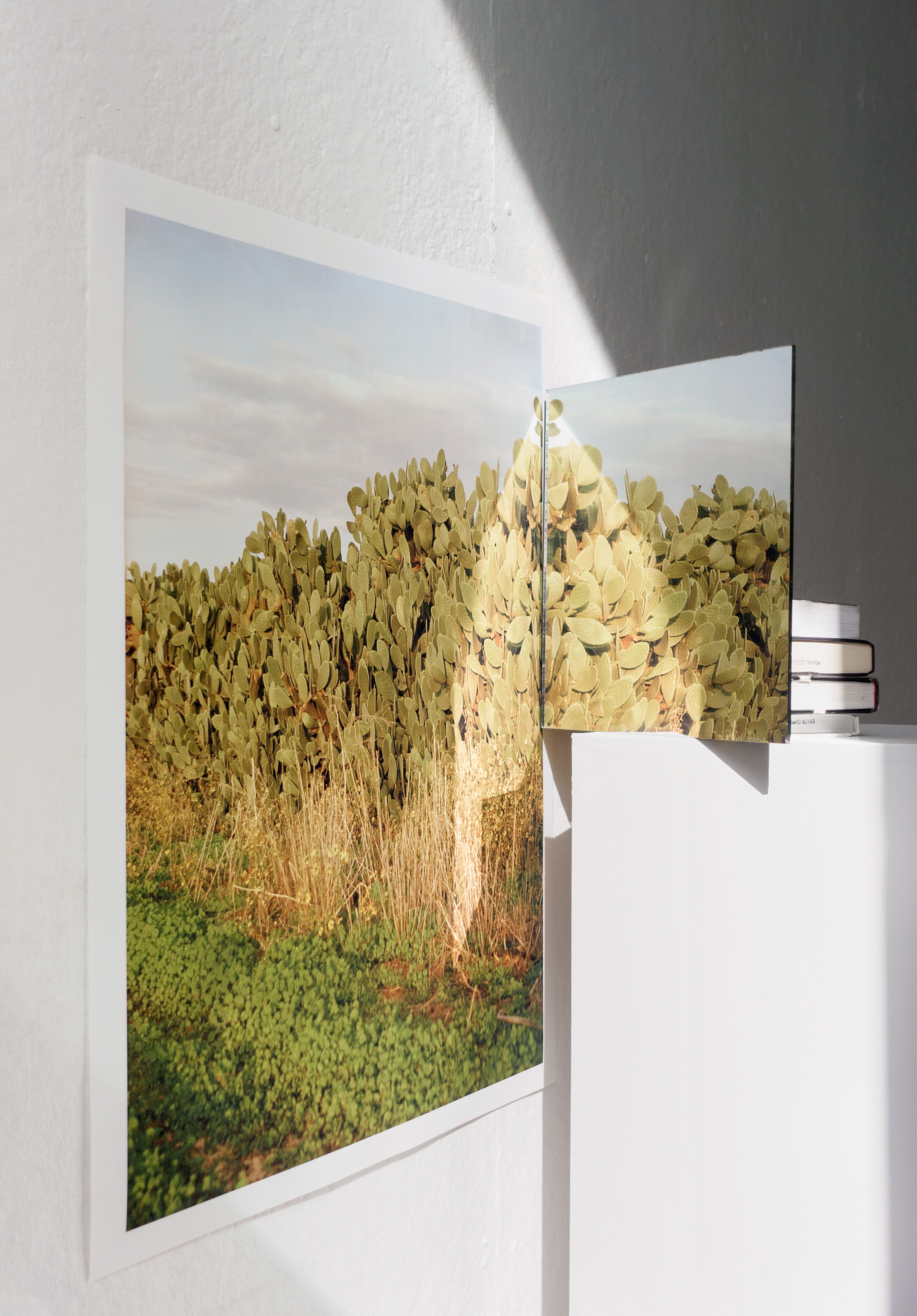Jenny Rafalson (CV)
Jenny Rafalson (b. 1986, USSR grow up in Israel) is a photographer and a video artist, based in Chicago. Rafalson questions the meaning of belonging in modern society, detachment and yearning for home as an immigrant and alien in different contemporary cultures, often through the use of plants. Rafalson is the recipient of the James Weinstein Memorial Fellowship for 2019-2020 and Arts, Science + Culture Initiative grant a collaboration betweenUniversity of Chicago and the School of the Art Institute. Among her exhibitions are Transplanting, at 062 gallery, Chicago, 2020 and Weary afternoon sun, The sixth Israel Photography Festival, Tel- Aviv, 2018. Rafalson holds an MFA from the School of the Art Institute of Chicago, 2020, BFA Hadassah College Bachelor program 2013.
Artist Statement
How and when do we become part of a society, culture or nature? Is it by putting down roots right away? What does it mean? Or maybe it’s a long journey of a few generations? Do I force my belonging to the place I grew up in or do I move on to another place where I’ll be an alien again and maybe will find a new home there? In my work I’m photographing plants in a poetic way to talk about social and political issues that motivate me as an immigrant and an alien in Israel and in the US. I see the plants as a carrier of hidden history. Such as the American landscape and culture has been shaped by immigrants and invasive species. Israel has shaped in a similar way too. Growing up as an immigrant from the former Soviet Union in Israel obliged me on a daily basis to re-prove my belonging to the country. On the other hand, in the last two and a half years as an alien in the United States, I became an Israeli nearly overnight. This shift in the way people refer to my identity and cultural background made me question my belonging, my identity, my yearning of belonging to Israel and the roots I thought I had back home. For the past two and a half years I have been questioning the meaning of nostalgia, memory, foreignness and belonging, I looked at those questions through plants and landscapes. I began by photographing and researching the history of the Sabra plant. Sabra is a Hebrew word with Arabic origins and refers to a Jewish man born in Israel. However, the Sabra cactus, or prickly pear in English, is not a native plant in Israel and was transplanted from the Americas in the 16th century by the Spanish conquerors to Europe for the textile industry. The Sabra plant has a significant position in the Israeli culture, it is so ingrained that it is almost too easy not to question its history.
Jenny Rafalson, Caught my reflection, 2018
photograph, 24.8” x 18.6"
Jenny Rafalson, Every beginning is only a sequel, after all, 2018
photograph, 18.5” x 12”
Jenny Rafalson, here we meet halfway home, 2018
photograph, 31.5” x 23.6"
Jenny Rafalson, always there where it can see me, 2020
photograph, 42” x 29”
Jenny Rafalson, Appearance of yearning (Mind point), 2019
photograph, 24” x 34”
Jenny Rafalson, Not all desires are yearning (And what I assume you shall assume), 2020
photograph, 26.7” x 19.3”
Jenny Rafalson, Smells of soil (Pinching), 2020
photograph, 31.8” x 23”
Jenny Rafalson, Ribwort Plantain in Garfield park conservatory, 2020
photograph, 18.5” x 13.5”
Jenny Rafalson, Scotch Thistle in Garfield park conservatory, 2020
photograph, 14.5” x 19.5”
Jenny Rafalson, Chicory in Lincoln park conservatory, 2020
photograph, 30.5” x 23”











